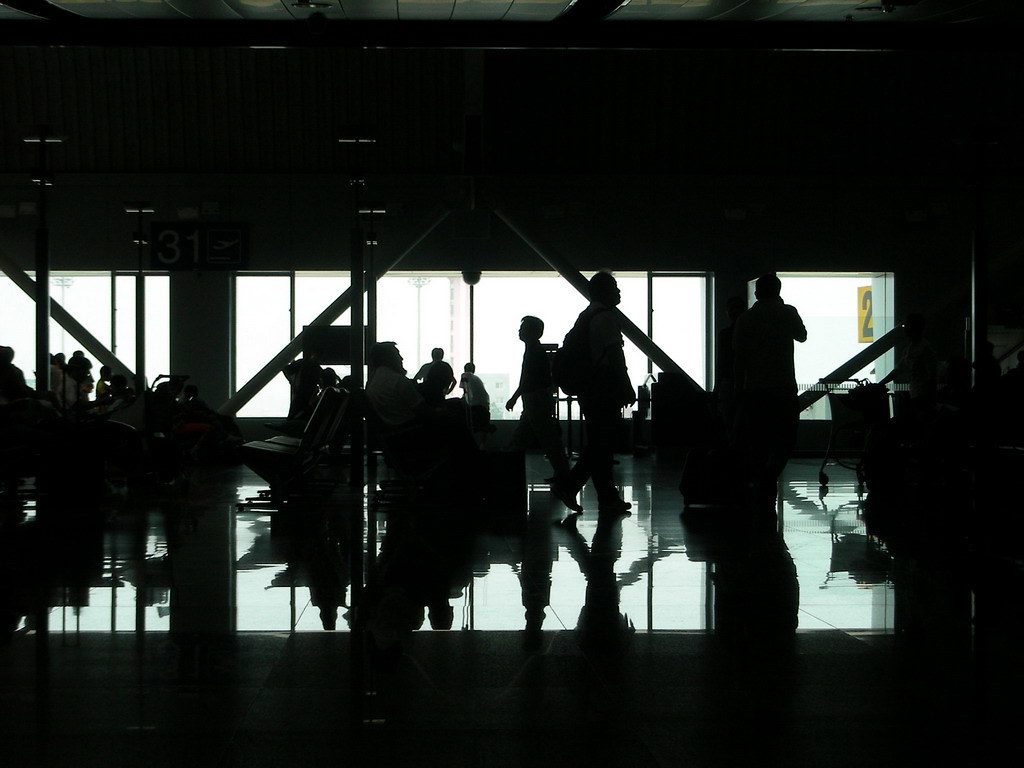Skift Take
A surprising backwards step in this UK poll, with one travel buyer complaining that data privacy is partly to blame.
The focus on diversity, equity and inclusion within corporate travel policies is waning, according to a new poll of UK-based company travel buyers.
In 2020, 53 percent of the UK’s Institute of Travel Management buyers, managers and heads of travel said they were “specifically addressing” these issues in their company travel policy or program, but that figure has fallen to 32 percent in 2021.
The findings of the institute’s poll of 100 members was described as “disappointing” by CEO Scott Davies. “It’s a worrying trend and something we need to work on as an industry,” he said.
The results may surprise some, because the travel industry has been investing in this area. Hilton in April said it would advance diversity when hiring picks back up, while the first full-time, diversity-focused organization for U.S. travel launched earlier this year, among other promising solutions to tackle equity, diversity and inclusion barriers in tourism.
Top 10 Travel Buyer Priorities in 2022
- Managing the return to travel
- Duty of care/safety
- Traveler wellbeing
- Sustainable practice
- Online booking tool optimization
- Budget control
- Enhancing traveler experience
- Ensuring full content access
- Diversity, equity and inclusion
- Adoption to Brexit regulations
The Global Business Travel Association also launched its own diversity, equality and inclusion committee.
Diversity, equity and inclusion is an intrinsic part of the travel experience, according to American Express Global Business Travel, helping to enrich understanding of other cultures. “As companies increasingly focus on employing more diverse talent, there will be more diverse business travelers with unique needs and preferences that travel managers will need to consider,” the agency noted.
The decline to 32 percent is also worrying because the institute’s membership represents 76 percent of the UK’s business travel spend, which represented $14 billion in air travel and $10 billion in hotel accommodation before the pandemic.
“I struggle with it,” said Nikki Parsons, global travel and meetings manager at Arcadis, during a webinar on Thursday to discuss the poll findings. “I just wrote a new policy with my new company over the last year or so, and I find it difficult to translate the theory and best practice into my document.”
She said that one of barriers was access to data, from a General Data Protection Regulation standpoint.
“How do we get access to that (data), to bring the individualization that we know needs to come with it to address it fairly and responsibly,” she said, adding travel managers would benefit from seeing examples of what has worked so far to deliver a positive version of travel personalization. “I don’t have the right answers for that, but for sure I’ll be looking out for best practice because we know we need to do it, and there’s definitely a willingness to do it. But it is challenging,” Parsons said.
Meanwhile, the poll revealed that the focus on sustainability had also declined. In 2020, 58 percent responded it was a priority, falling to 53 percent in 2021. However, 58 percent of the members polled said they expected to see a modal shift in air to rail travel in 2022, compared with 33 percent in 2020.
The Daily Newsletter
Our daily coverage of the global travel industry. Written by editors and analysts from across Skift’s brands.
Have a confidential tip for Skift? Get in touch
Tags: business travel, travel management
Photo credit: As companies increasingly focus on employing more diverse talent, there will be more diverse business travelers with unique needs and preferences. Keso s / Flickr
